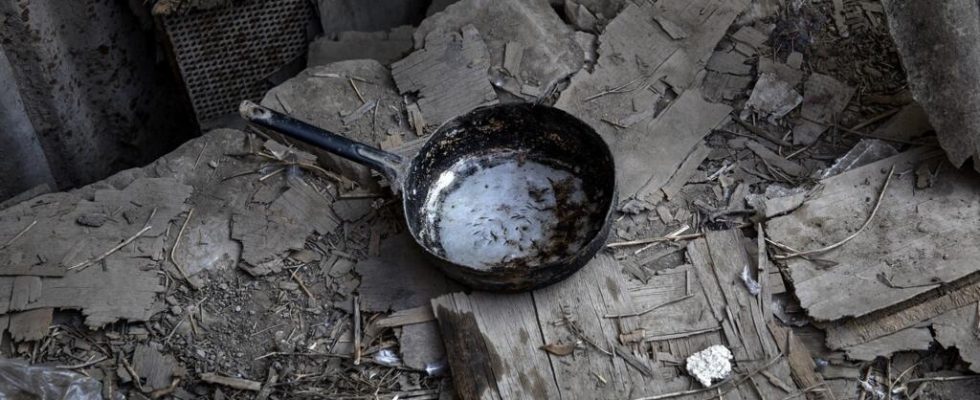They are called “perennial pollutants” because they persist for decades in the air, soil, rivers and also accumulate in food and in our bodies. PFAS, chemicals with non-stick or water- and heat-resistant properties, are widely used in everyday products. As a result, we now find it everywhere, even in Antarctica or in oysters. And they have harmful consequences for health. A health scandal brought this Thursday, April 4 before the French National Assembly, where the proposal of an environmentalist deputy to partially restrict its use must be examined.
2 mins
The scandal of this massive pollution, particularly around PFAS manufacturing sites, also called “eternal pollutants”, broke out 25 years ago in the United States. In France, he remained under the radar. But between journalistic investigations, pressure from NGOs and other groups of local residents who are victims of these chemical substances, things are changing.
The environmentalist deputy for Gironde, Nicolas Thierry, therefore hopes that his colleagues will validate his text: “ Kitchen utensils, textiles or even ski wax – what you put under the ski so that it slides… There are some (PFAS, editor’s note), and it’s useless. It exposes us and damages our health. We propose to ban them. »
By early 2026, the elected official also wants to make the detection of PFAS in drinking water compulsory and calls for the application of the polluter pays principle. Opposite, the Seb group, which uses some of these molecules in the manufacture of kitchen utensils, chartered buses on Wednesday so that its employees could demonstrate in Paris against the initiative.
The Prime Minister, Gabriel Attal, ensures that the government takes the necessary measures when the alert is given concerning an industrial site: “ We are fighting at European level to reduce the presence of these molecules, particularly in food packaging. »
For opponents of PFAS, France must not wait for European regulations and must encourage companies, starting today, to gradually abandon “eternal pollutants”.
“Perennial pollutants clearly represent the greatest threat to human health in the 21st century”
“Perennial pollutants clearly represent the greatest threat to human health in the 21st century”
PFAS, seen from the United States
3M, Chemours, DuPont, Corteva… In the United States, several large groups manufacturing PFAS have signed record financial agreements to avoid prosecution for massive pollution.
With our correspondent in New York, Loubna Anaki
The amicable agreements made the headlines last summer and they have been definitively validated by the courts in recent weeks. The groups accused of their products containing eternal pollutants have agreed to pay very dearly.
The 3M company has committed to paying between ten and twelve billion dollars over the next thirteen years. It was notably prosecuted because of an aqueous foam used by firefighters to put out fires and whose PFAS, these eternal pollutants, then flowed into the ground. The sum paid should be used to bring public drinking water distribution networks up to standard.
For their part, Chemours, DuPont and Corteva will pay more than a billion dollars for their role, again, in the contamination of drinking water across the United States. You should know that a recent study carried out around 700 sites showed that 45% of the water in American taps contains eternal pollutants.
Read alsoIn France, the government launches an action plan against “eternal pollutants”
